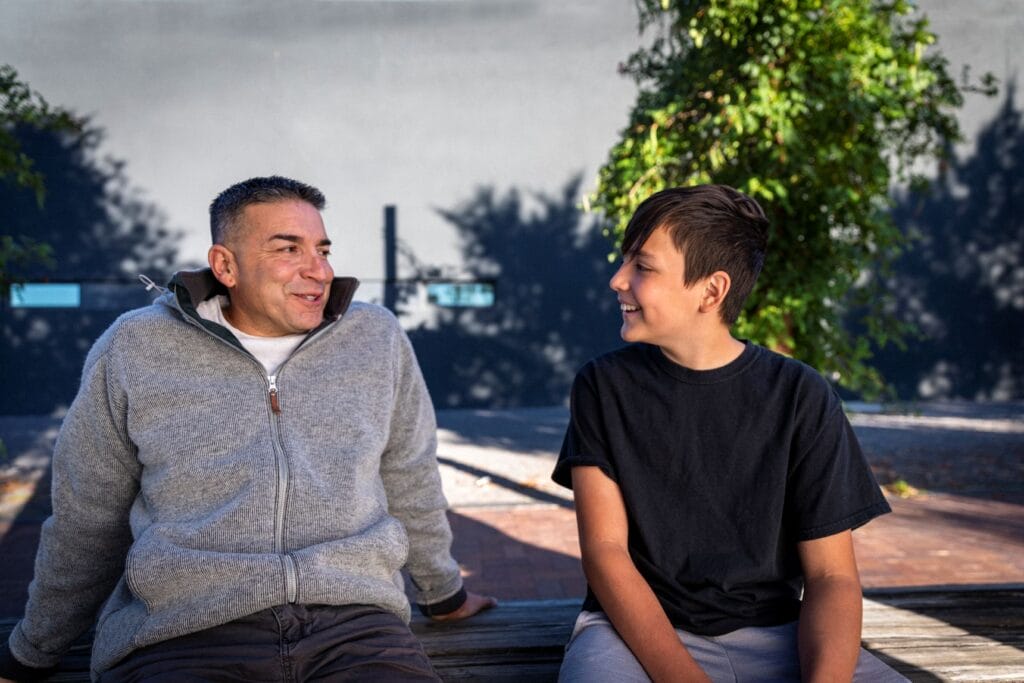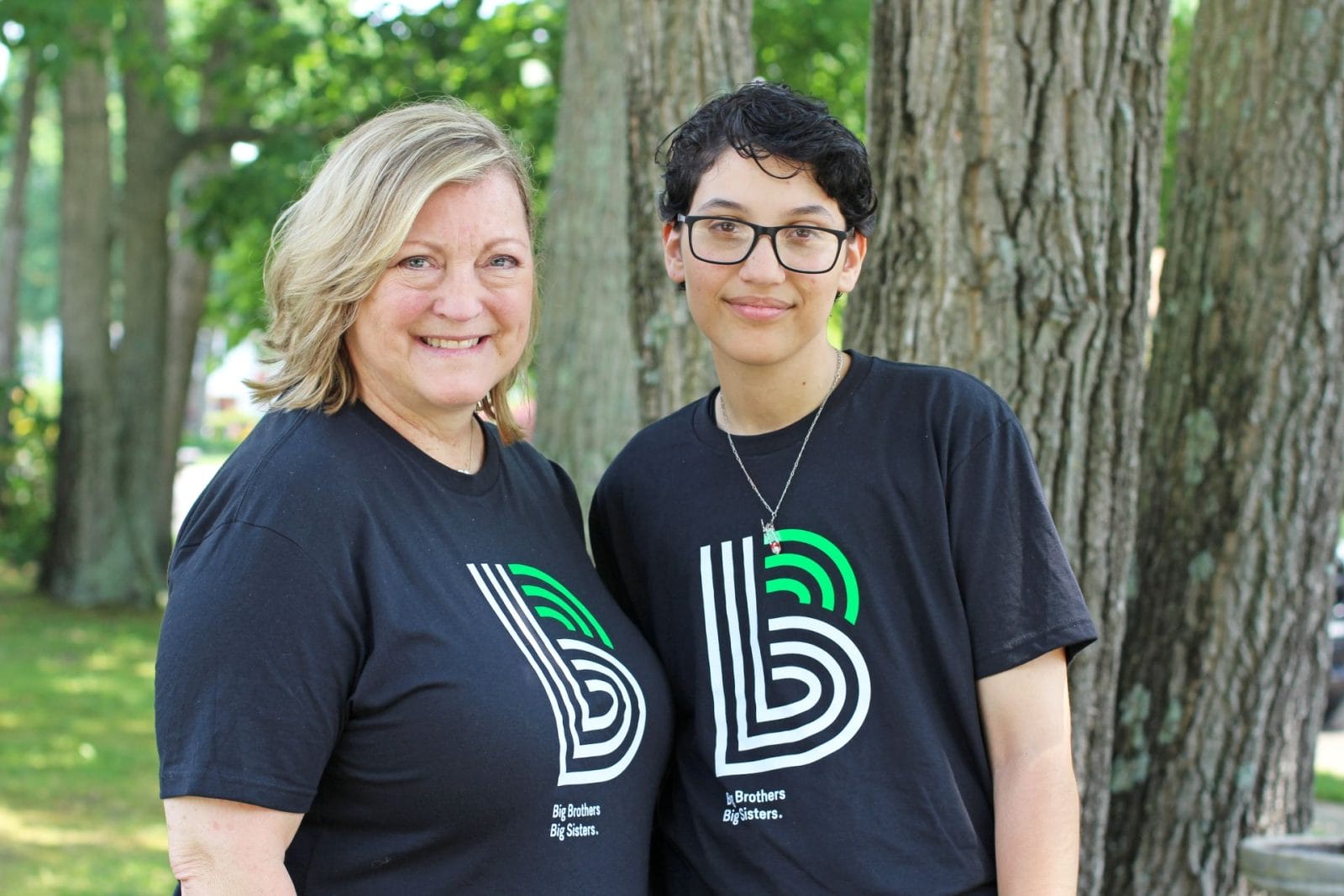
Our impact
on juvenile justice


Big Brothers Big Sisters
knows that children who avoid interactions with the juvenile justice system – and violen ce, drugs, and alcohol - are more likely to succeed. That's why our professional staff members, supporters, families, and advocates support, encourage and champion the relationships between Bigs and Littles. Bigs help teach their Littles right from wrong and help them make good decisions.
The landmark study
Our impact on juvenile justice is evident in research conducted by Public/Private Ventures and published in 1995. When comparing Littles matched with a Big to children waiting to be served by Big Brothers Big Sisters, these researchers found that Littles are:
less likely to start using drugs
less likely to start using alcohol
Almost one-third less likely to hit someone
What our alumni say
Our impact on education is felt long after Littles graduate from high school. In 2009, Harris Interactive conducted an online survey of alumni Littles from across the nation. Among those former Littles:
said their relationship with their Big helped them make better choices throughout their childhood.
said their relationship with their Big has helped them make better choices throughout their adult life
said they learned right from wrong from their Big
Research About Big Brothers Big Sisters Programs
Impact on Self-Confidence
One-on-one attention from a caring adult role model is a key part of developing self-confidence, and research shows that Bigs help Littles feel more confident in several areas.
Impact on
Education
Evidence shows that being matched through Big Brothers Big Sisters can make a big difference in how a child performs in school and how he or she feels about school in general.
Overview of Evidence-Based Mentoring
We don't just trust that our programs have a big impact -- we learn about their impact from independent research and continuing partnerships.
